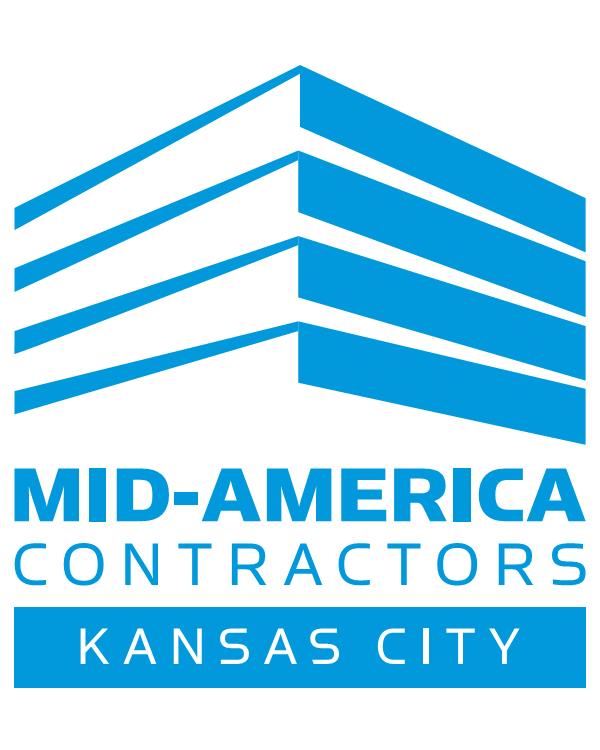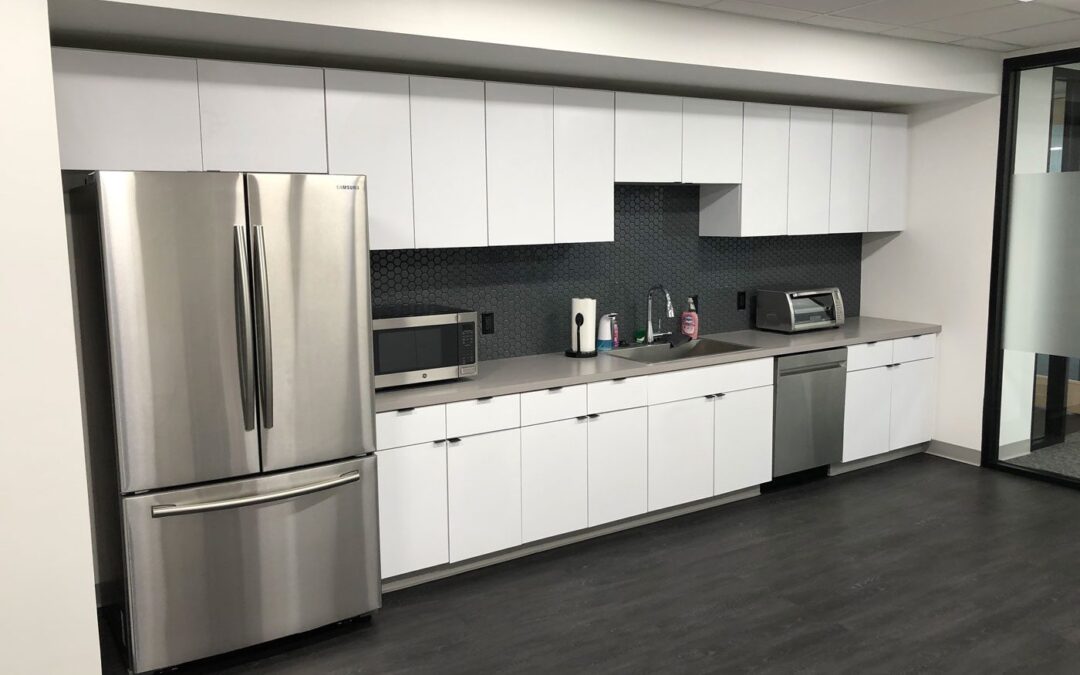Different flooring types can significantly impact a commercial building in several ways:
- Aesthetic Appeal: The type of flooring chosen contributes to the overall look and feel of the space, influencing the impression it gives to visitors and occupants.
- Durability and Maintenance: Some flooring materials are more durable and require less maintenance than others. Choosing the right flooring type can help minimize repair and replacement costs over time.
- Safety: Certain flooring materials offer better traction and slip resistance, reducing the risk of accidents and injuries in high-traffic areas.
- Acoustics: Flooring materials vary in their ability to absorb or reflect sound, impacting the acoustics of the space. This is particularly important in environments where noise control is necessary, such as offices or healthcare facilities.
- Indoor Air Quality: Some flooring materials emit volatile organic compounds (VOCs) which can affect indoor air quality. Selecting low-emission or eco-friendly flooring options can help maintain a healthier indoor environment.
- Thermal Insulation: Certain flooring materials provide better insulation properties, helping to regulate indoor temperature and reduce energy consumption for heating and cooling.
- Cost: The initial cost and long-term value of different flooring options vary. Balancing upfront expenses with maintenance and lifecycle costs is crucial in selecting the most cost-effective solution for the commercial building.
Overall, choosing the right flooring type involves considering various factors such as aesthetic preferences, functionality, maintenance requirements, and budget constraints to ensure the optimal performance and appearance of the commercial space. Get in touch with MAC today to learn more about flooring options and how they can enhance your building. We are a Kansas City commercial contractor known for our quality reputation and expertise!

